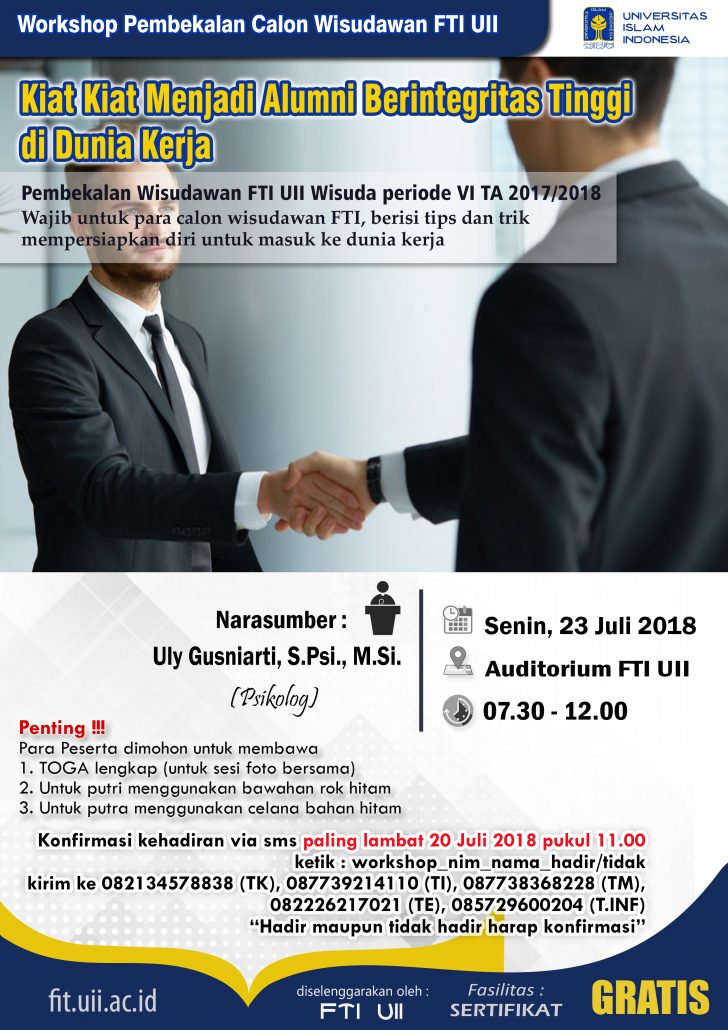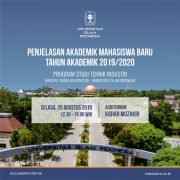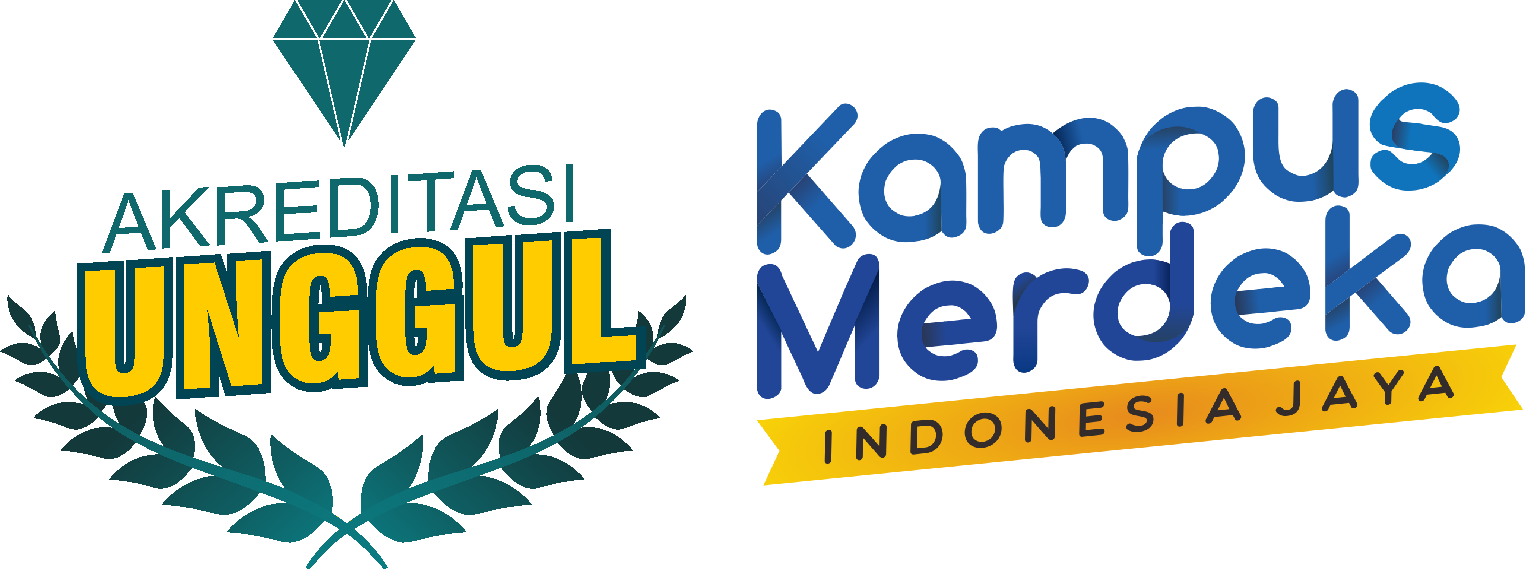Dear IP students,
Assalamu’alaikum Wr. Wb.
The followings are information that you should notice for organizing your Even-Term 2020/2021 Study Plan.
Table 1. Pre Key-In, Key-In, Key-In Revision Schedules
| Student Batch |
Academic Supervisor Consultation Schedule
|
Pre Key-In |
Pre Key-In
Schedule |
Key-In
Schedule |
Key-In Revision
Schedule
|
|
2020
|
February 3-11, 2021 |
No |
No |
No |
No
|
| 2019,2018,2017,2016,2015 |
February 3-11, 2021 |
Yes |
Thursday – Friday, February 11-12, 2021 at 09.00-16.00 WIB
“Add to Cart” |
Thursday, February 18, 2021, at 10-16 WIB
(Look up academic calendar)
Click “Key-In” |
Tuesday-Wednesday,
February 23-24, 2021 at 09.00 -16.00 WIB
(Look up academic calendar) |
2019,2018,2017,2016,2015
BANGKIT / NUNI |
February 3-11, 2021 |
Yes |
Thursday – Friday, February 11-12, 2021 at 09.00-16.00 WIB
“Add to Cart” |
Thursday, February 18, 2021, at 10-16 WIB
(Look up academic calendar)Click “Key-In” |
Tuesday-Wednesday,
February 23-24, 2021 at 09.00 -16.00 WIB
(Look up academic calendar) |
1. From February 3-5, 2021, you must proactively consult with your academic supervisor to arrange your Even-Term 2020/2021 Study PLan.
2. Pre Key-In and Key-In for Batch 2020 Students are not necessary. All courses have been bundled into a second-term course package that is listed below :
Table 2. A Second-Term Course Package for Batch 2020 Students :
| No |
|
Code of Subject |
Course |
Credits |
Pre-Requisites |
| 1 |
|
52225001 |
Ibadah and Akhlaq |
2 |
Religion Education |
| 2 |
|
52223002 |
Programming Logics |
3 |
|
| 3 |
|
52223003 |
Calculus 2 |
3 |
Calculus 1 |
| 4 |
|
52223004 |
Physics 2 |
2 |
Physics 1 |
| 5 |
|
52223005 |
Physics Laboratory |
1 |
Physics 1 |
| 6 |
|
52223006 |
Industrial Statistics 1 |
2 |
|
| 7 |
|
52223007 |
Engineering Mechanics |
2 |
Physics 1 |
| 8 |
|
52223008 |
Materials Science |
2 |
|
| 9 |
|
52223009 |
Chemistry |
2 |
|
| 10 |
|
52223010 |
Introduction to Economics |
2 |
|
|
|
|
|
21 |
|
3. Class enrollment for Students other than Batch 2020 is submitted with Pre Key-In or Key-In by choosing courses with Class Initial similarly applied to all courses to avoid crashed schedules. The followings are an example of class enrollment.
Table 3. Course Class Initial Selection
| No |
Code of Subject |
Course |
Credits |
Class |
| 1 |
52242001 |
Production Planning and Control |
3 |
C |
| 2 |
52243002 |
Stochastic Model |
3 |
C |
| 3 |
52243003 |
Engineering Economics |
2 |
C |
| 4 |
52242004 |
Ergonomics and Work System Engineering |
3 |
C |
| 5 |
52243005 |
Database Management System |
3 |
C |
| 6 |
52243006 |
Quality Control and Assurance |
3 |
C |
| 7 |
52242007 |
Design of Industrial Organization |
2 |
C |
4. The complete schedules are listed in Table 1.
5. Additional Class Quota will be created as necessary after all classes of a course are evenly distributed with an equal number of students enrolled in all course classes.
6. Students, admitted to BANGKIT or NUNI, must enroll in the course classes by Key-In the equivalent course conversion as stated in Circular Letter (SE Kaprodi TI 02/Ka.Prodi S1/10/TI/I/2021 ).
7. Students, enrolled in Internship, Final Undergraduate Project (Skripsi), Community Services (KKN), must complete the Key-In process (see the schedule in Table 1),
8. Pre Key-In, Key-In, and Key-In Revision are available through RAS information Systems by accessing https://gateway.uii.ac.id.
9. If you need more information on how to operate RAS for Pre Key-In, Key-In, and Key-In Revision, then, this youtube channel presents a deep explanation.
This information might help you to set your study plan. Then don’t miss the moment.
Wassalamualaikum Wr. Wb.
Sincerely,
International Program of Industrial Engineering Study Program,
Faculty of Industrial Technology,
Universitas Islam Indonesia (UII)

 IP IE UII
IP IE UII IP IE UII
IP IE UII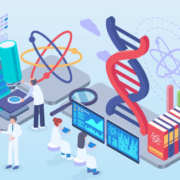
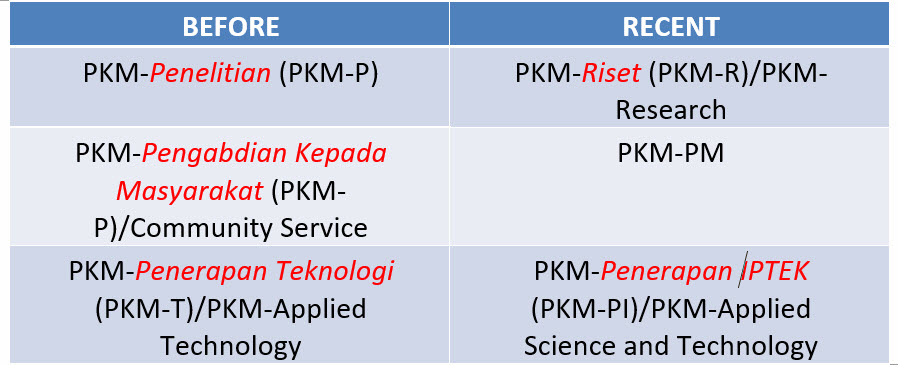
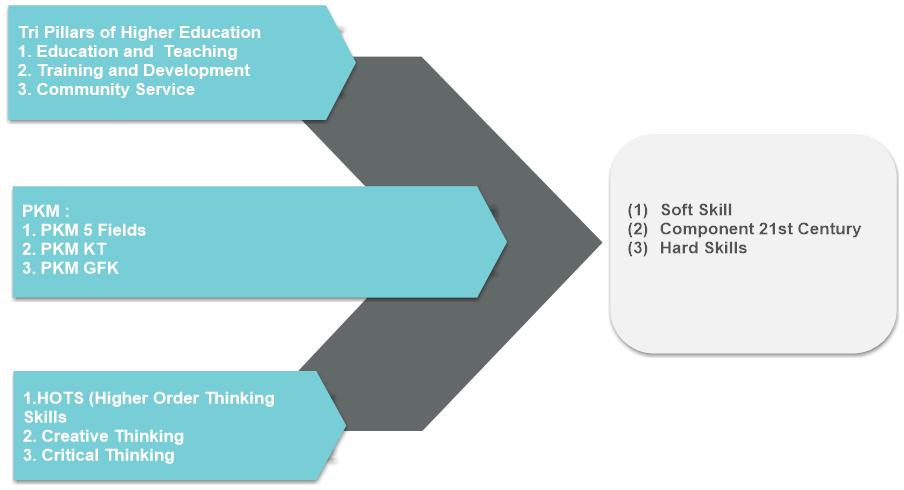
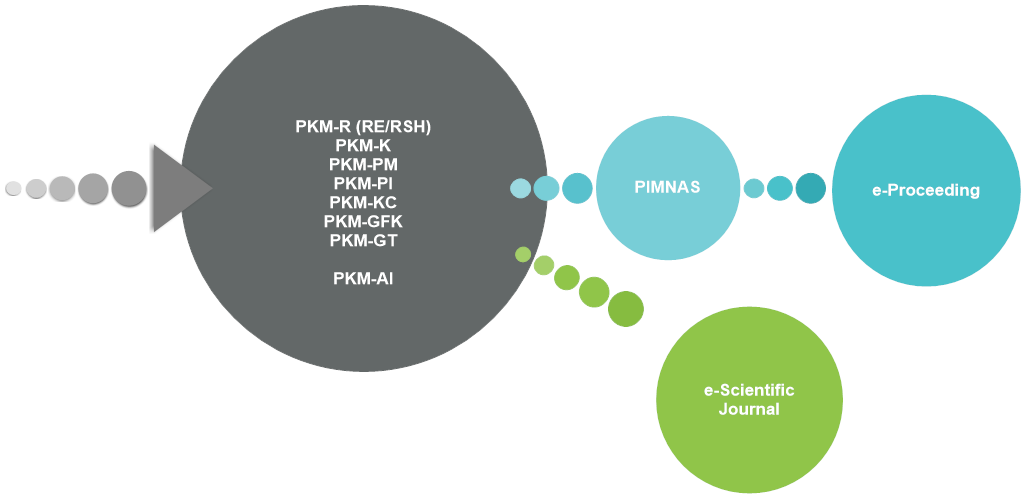
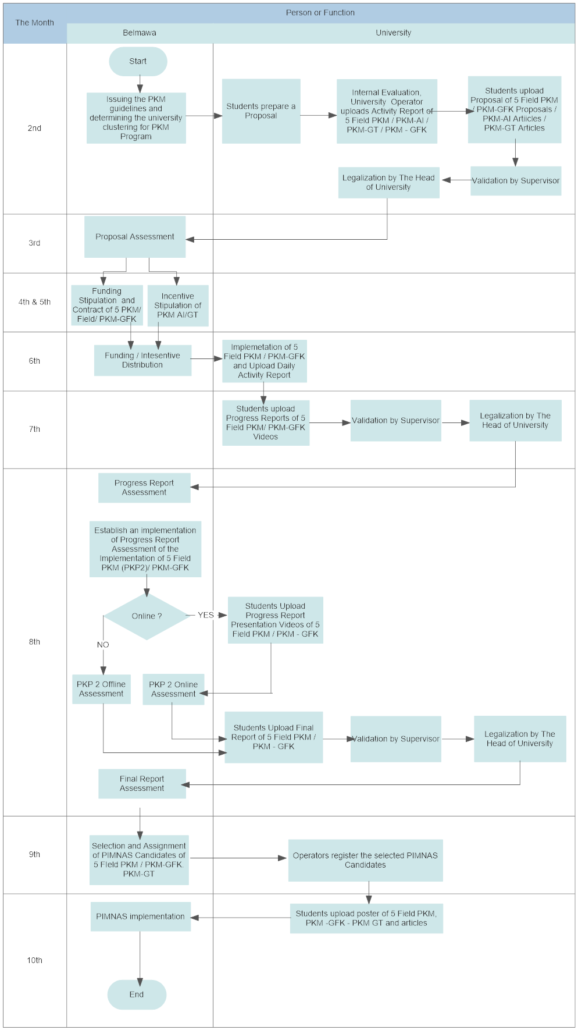
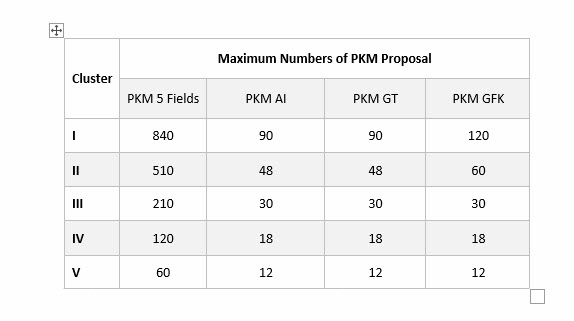
 IP IE UII
IP IE UII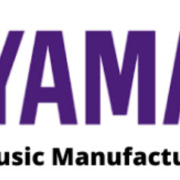 IP IE UII
IP IE UII IP IE UII
IP IE UII